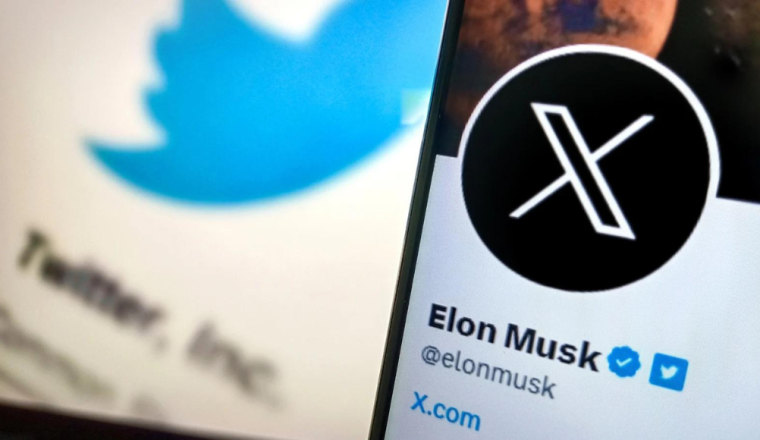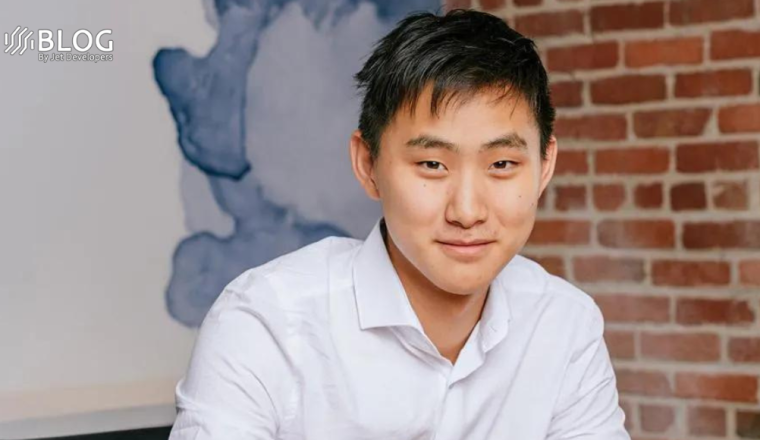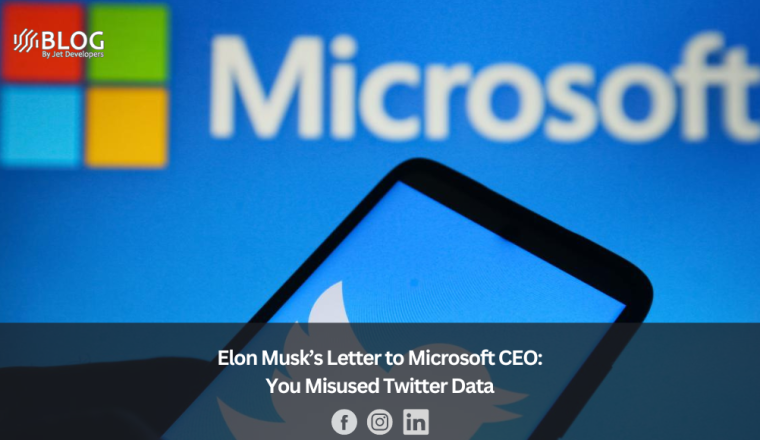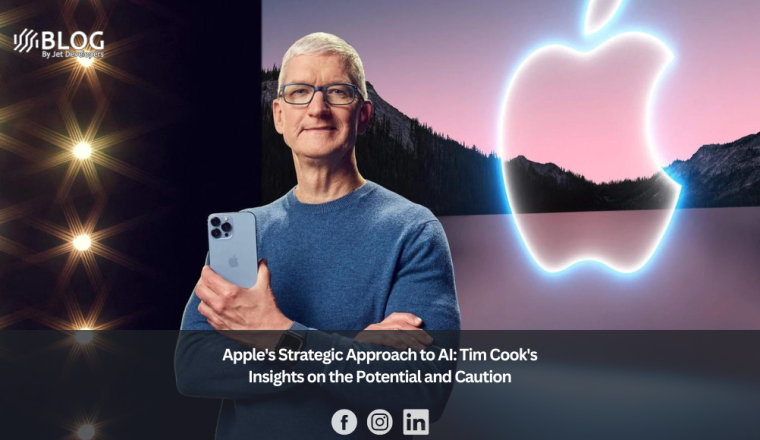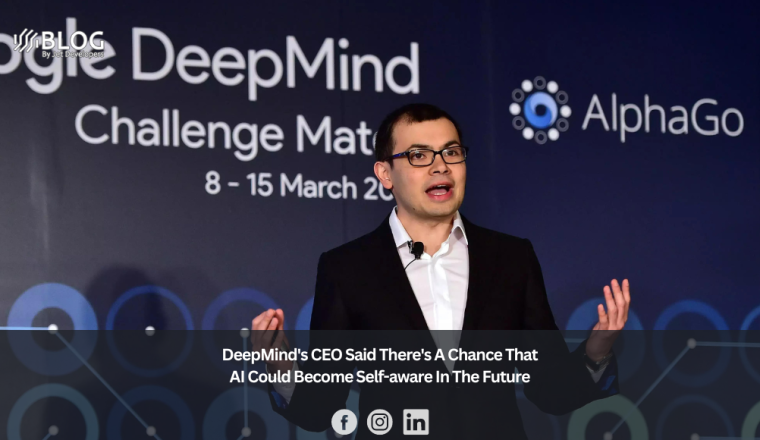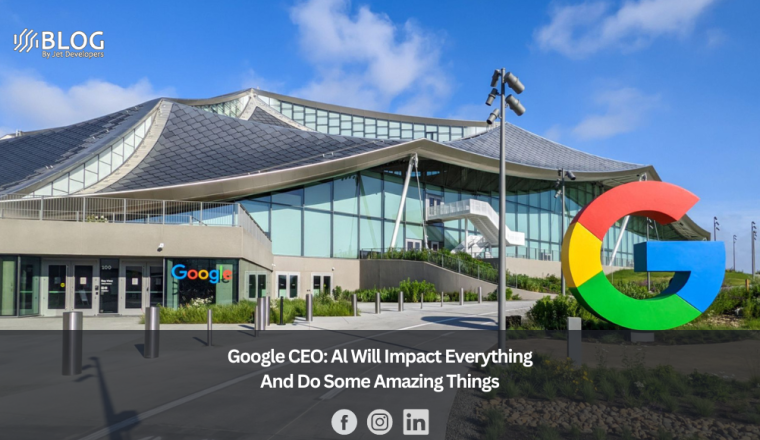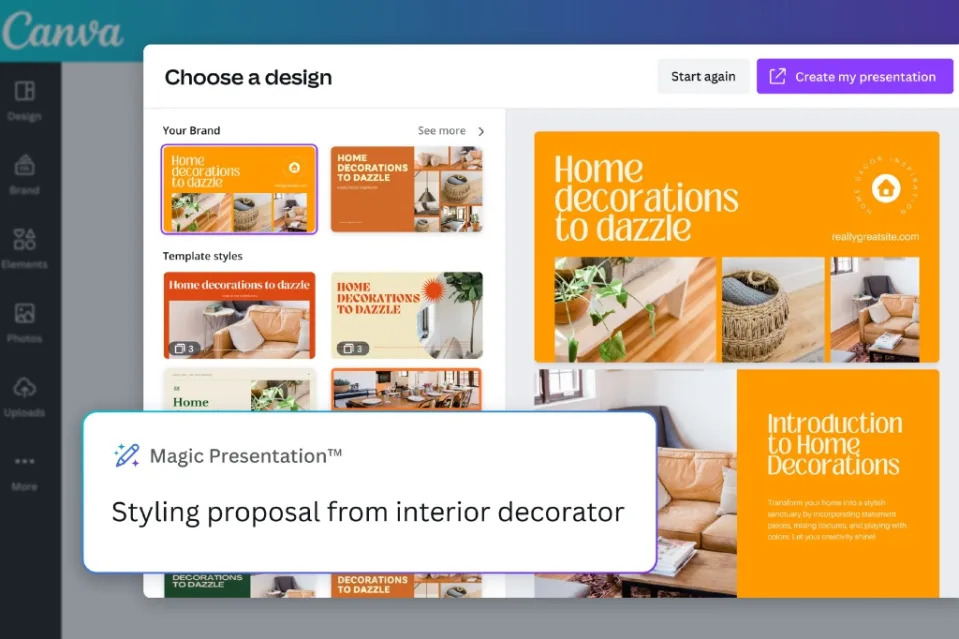Twitter CEO Introduces Radical X Logo
Twitter’s CEO, Linda Yaccarino, has revealed the platform’s new logo as it undergoes a major transformation into an ‘everything’ app under the leadership of Elon Musk. The logo change, symbolizing the rebranding to X, was shared by Yaccarino on Twitter.
The shift towards becoming ‘X’ has been in progress, with former CEO Musk working to dissolve Twitter’s legal identity and integrate it into his X Corp. Musk has expressed his desire to turn the platform into an all-in-one app similar to China’s WeChat. However, his approach of downsizing the company and dismissing staff to achieve this vision has raised concerns.
Surprisingly, the decision to change the logo appears to be impulsive, akin to some of Musk’s previous actions at Twitter. He asked his 149 million followers to design a logo for ‘X’ and swiftly picked one from the suggestions, sharing it on his profile. Despite Musk’s call to move away from the iconic blue bird, the bird logo still prominently features on the platform.
While corporate rebranding usually involves professional design companies, Twitter’s transition seems more ad hoc. Nevertheless, CEO Yaccarino looks ahead, revealing that ‘X’ will be focused on audio, video, messaging, payments, and banking, all powered by AI from Musk’s latest venture, X.AI.
The move to transform Twitter into an ‘everything’ app is ambitious, but questions arise about how the company will boost its revenues and accommodate new offerings that are yet to be clearly defined.
The uncertainty surrounding the platform’s future has sparked speculation about its essence and whether users will adapt to such a significant transformation. Despite this, the promise of an all-encompassing app keeps users hopeful for what lies ahead after the transition is complete.



